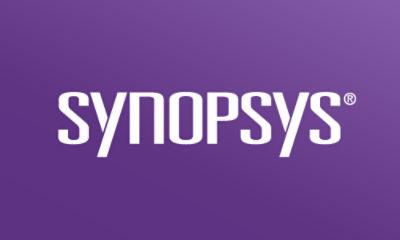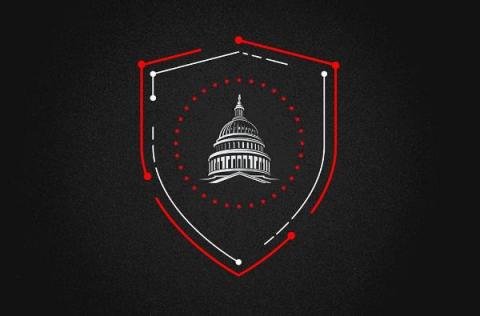Security | Threat Detection | Cyberattacks | DevSecOps | Compliance
Technology
AI-Enabled Information Manipulation Poses Threat to EU Elections: ENISA Report
Amid growing concerns about the integrity of upcoming European elections in 2024, the 11th edition of the Threat Landscape report by the European Union Agency for Cybersecurity (ENISA), released on October 19, 2023, reveals alarming findings about the rising threats posed by AI-enabled information manipulation.
Zenity Leads the Charge by Becoming the First to Bring Application Security to Enterprise AI Copilots
CrowdStrike's View on the New U.S. Policy for Artificial Intelligence
The major news in technology policy circles is this month’s release of the long-anticipated Executive Order (E.O.) on the Safe, Secure, and Trustworthy Development and Use of Artificial Intelligence. While E.O.s govern policy areas within the direct control of the U.S. government’s Executive Branch, they are important broadly because they inform industry best practices and can even potentially inform subsequent laws and regulations in the U.S. and abroad.
Unpacking the Zimbra Cross-Site Scripting Vulnerability (CVE-2023-37580)
On November 16, 2023, a significant security concern was published by Google's Threat Analysis Group (TAG). They revealed an alarming vulnerability in Zimbra Collaboration, a widely-used email hosting tool for organizations. This vulnerability, designated with an identifier, CVE-2023-37580, is a glaring example of a reflected cross-site scripting (XSS) issue. It allows malicious scripts to be injected into unsuspecting users' browsers through a deceptively simple method: clicking on a harmful link.
Secure incoming Amazon API Gateway traffic with Panoptica
Cloud Native Security Fortified: Panoptica at AWS re:Invent 2023
Cloud application deployment visibility
Cloud Integrations: JFrog Achieves AWS PrivateLink Service Ready Validation
At JFrog, we talk about being universal and too integrated to fail. In addition to more than 30 technologies and package types supported natively, this also means supporting our customers in their hybrid and cloud infrastructure. One such key integration capability for customers leveraging Amazon Web Services (AWS) is AWS PrivateLink.











